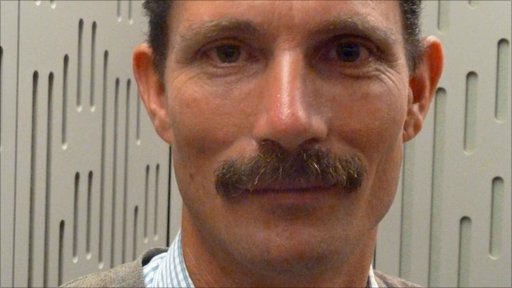
As Zimbabwe slides deeper into economic crisis, despondency and decay, people question the options under a dictator and the relevance of elections that serve only to provide pseudo legitimacy to President Robert Mugabe’s repressive regime.
A contentious component of the debate is this: If the dictatorship had not been challenged by democratic forces and Zimbabwe had been able to develop without the destructive forces of power politics which entered the equation, where would Zimbabwe be today?
The ongoing debate as to whether democracy has been good for the average Zimbabwean leads to the next logical question: Was Zimbabwe really ready for democracy? Do people who vote for dictatorship in the fear-plagued rural areas each election fully understand sound economic policy, international law, the independent pillars of the State, the protection of the individual and property rights? Do they understand the implications of continuously voting — albeit under duress — for a dictatorship which has no concern for the masses and uses food aid as a weapon of control?
In Western democracies it took hundreds of years for a full-blown democracy to develop.
The irony in Zimbabwe is that it was not the Western democracies which championed democracy for Zimbabwe in the Cold War era. The undemocratic, dictatorial one-party States in the Communist bloc were the great sponsors of so-called “democracy” in Zimbabwe.
The training they provided — and continue to provide — focuses on terror, where power is won and held through the barrel of a gun. It is the “one man, one vote, one time” type of democracy that is, of course, not democracy at all.
Unfortunately, naively, many decent people went along with the warped and power-crazed thinking of the ruthless revolutionaries from the communist bloc and so helped usher in the current suffering of the common Zimbabwean.
We cannot underrate the fear factor and its implications for a country like Zimbabwe. In a climate of total fear where the majority of the people live in grass-roofed houses, without the protection of the law, is it reasonable to expect them to put an X in a box for an opposition candidate if their houses are liable to be burnt down when they don’t?
- Chamisa under fire over US$120K donation
- Mavhunga puts DeMbare into Chibuku quarterfinals
- Pension funds bet on Cabora Bassa oilfields
- Councils defy govt fire tender directive
Keep Reading
If the people in the rural areas are to remain purposefully uneducated with respect to internationally accepted democratic principles; if they are subjected to the institutionalised fear and if the vote buying continues through State-crafted hunger, we can only expect more of the same in the tribalistic, xenophobic and oppressive dictatorship we have lived under for so long in Zimbabwe.
Furthermore, if the government refuses to allow election observers and monitors from democracies within the international community into the country to monitor the election process and to travel deep into the rural areas which bear the brunt of the brutal intimidation, nothing will change in Zimbabwe.
It is clear to me that if the international community does not have the stomach to step in to help Zimbabweans by monitoring elections, nothing will change in our country. If an internationally monitored election was good enough in 1980, then it stands to reason that it should be good enough now. If the world was really committed to helping the suffering people of Zimbabwe, there should be discussion around it.
If MDC-T leader Morgan Tsvangirai remains totally committed to change as he claims, an internationally monitored election would be central to his campaign, just as it was Mugabe’s in 1980.
Since 2000, Mugabe’s has not welcomed observer missions which cover the entire country and observe the situation deep in the rural areas where fear dictates the vote.
They prefer observers from “friendly countries” who remain in the cities, cast a cursory glance over lines of orderly voters and then claim the poll was “free and fair”.
It is, therefore, not surprising that for the 2013 poll, the State-controlled Zimbabwe Electoral Commission refused to accredit the Carter Center, a globally accepted observer mission which has observed 94 elections in 37 countries and is comprised of experts from a range of countries.
Also excluded were Britain, the United States and most of Europe, while countries with very chequered human rights and democracy histories such as China, Belarus, Ethiopia, Sudan, Venezuela and Cuba were welcomed.
When the MDC rose to prominence, offering new hope and a new democratic order under the leadership of Tsvangirai, millions of people were courageous enough to vote for the party.
This was out of a deep inner conviction and despite the very real danger to themselves and their families of rejecting the ruling party. What Zimbabwe needs now to take the country forward is commitment to a new value system.
We need people who are wise, honest, virtuous, courageous and hard working — men and women who prize justice, righteousness and human rights above political ends, who look to bettering the lot of others rather than themselves. This has been the foundation of every successful society through history.
lBen Freeth is executive director of the The Mike Campbell Foundation











